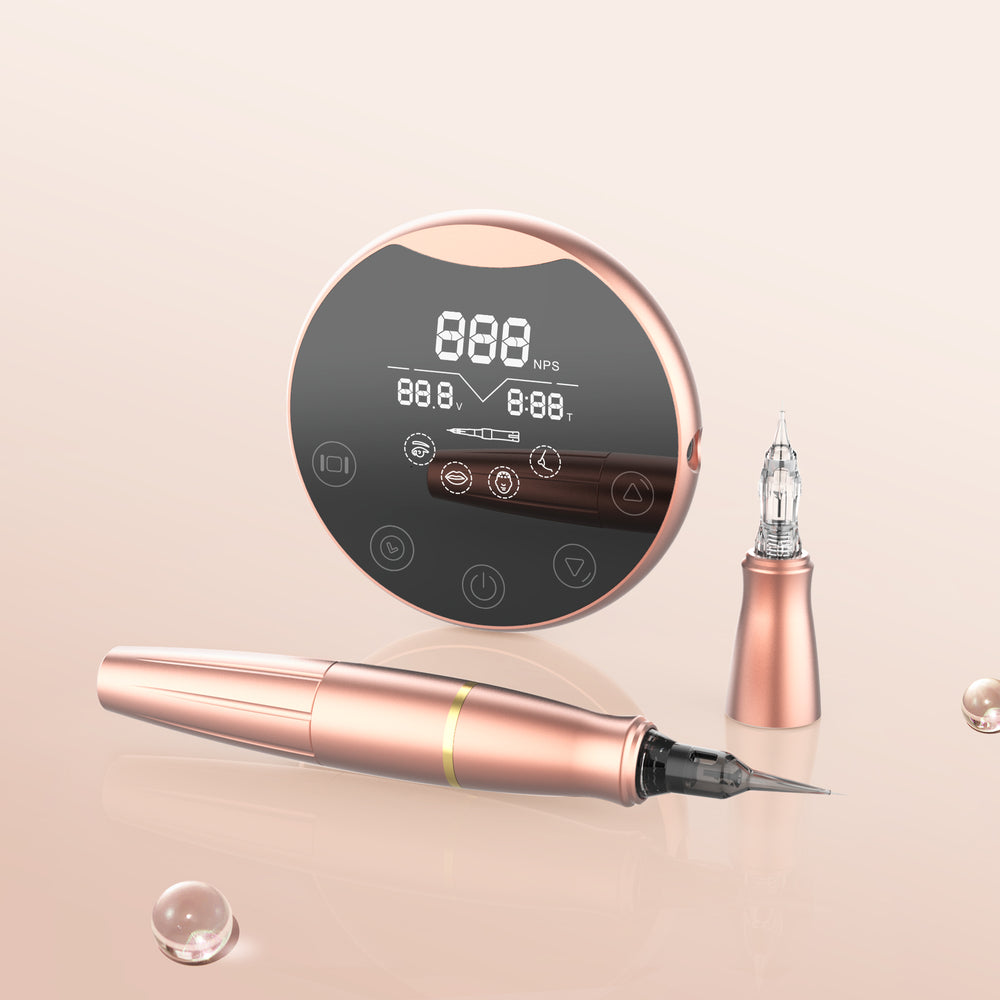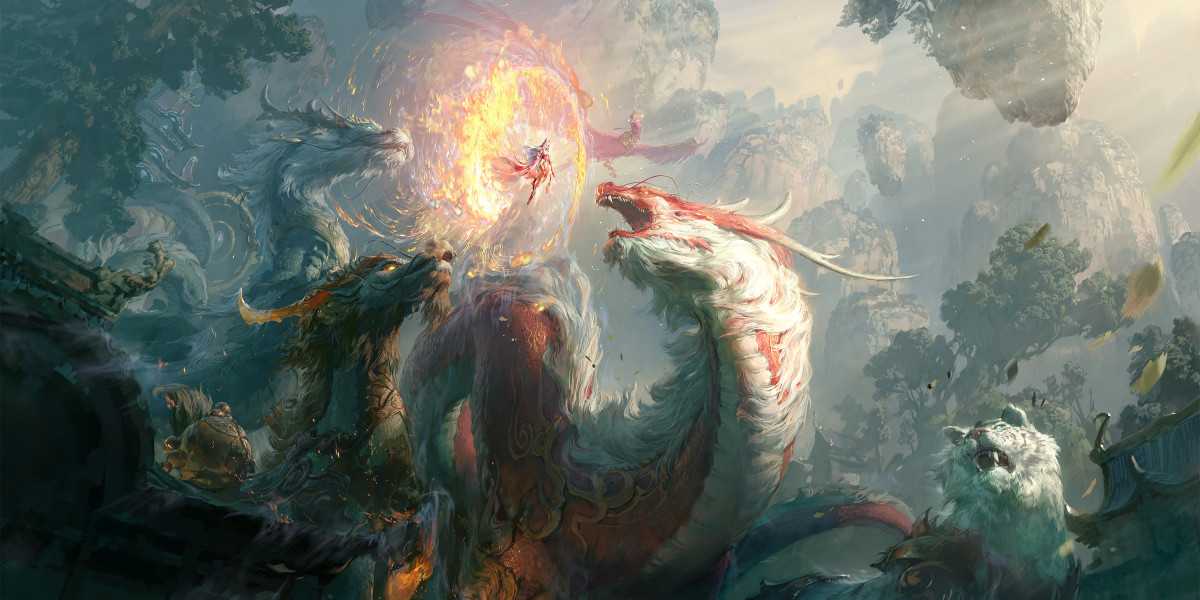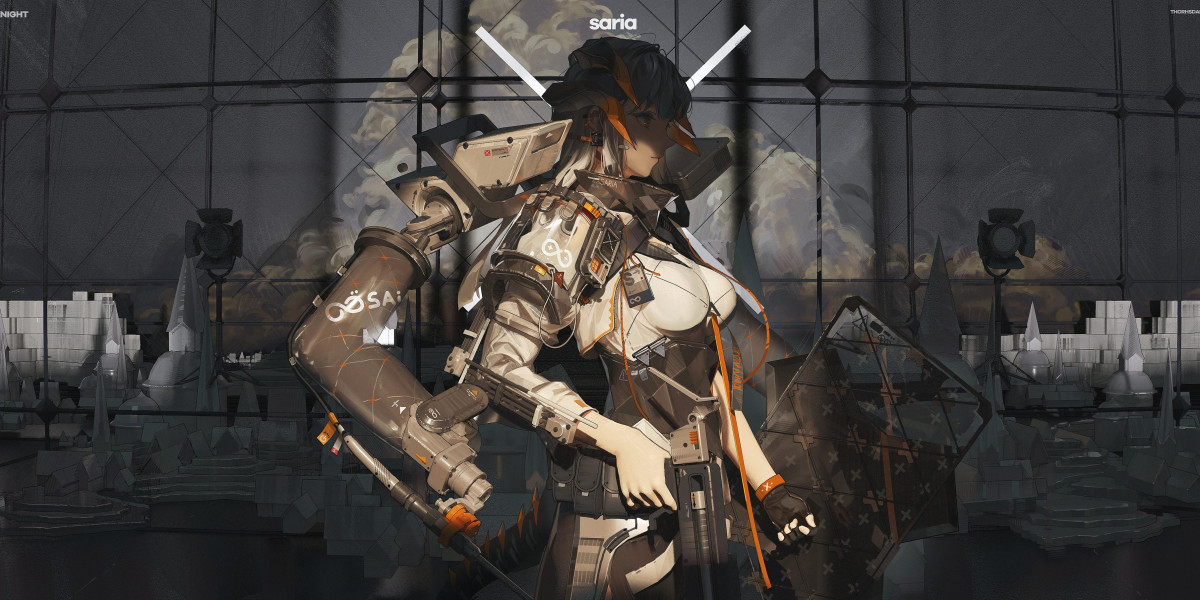Unlocking the Secrets of Custom Tattoo Machines: Transform Your Ink Experience!
Tattooing has evolved significantly over the years, with custom tattoo machines at the forefront of this transformation. Once seen as merely a tool for applying ink, tattoo machines have become intricate devices that artists can tailor to their specific needs. The rise of custom tattoo machines reflects a growing demand for personalization in the tattoo industry, allowing for greater creativity and precision. In this exploration, we will delve into how custom tattoo machines work, their numerous benefits, and how they can elevate the tattooing experience for both artists and clients alike.

Understanding Custom Tattoo Machines
Custom tattoo machines are specialized devices designed to cater to the unique preferences of tattoo artists. Unlike standard machines that come off the assembly line, custom machines are often hand-built or highly modified to suit the artist’s technique and style. There are several types of custom tattoo machines, including coil machines, rotary machines, and pen-style machines. Each type has its distinctive mechanism and is suited for various tattooing techniques. For instance, coil machines are known for their power and versatility, while rotary machines are favored for their smooth operation and lightweight design. The choice between these types often depends on the artist's personal style, the type of tattooing they do, and the overall experience they wish to create for their clients.
How Custom Tattoo Machines Work
The mechanics behind custom tattoo machines are fascinating and involve several key components. At their core, these machines operate using a needle that punctures the skin to deposit ink. In coil machines, the operation relies on electromagnetic coils to create a magnetic field, pushing the needle up and down. This rapid movement allows for intricate designs and solid color fills. In contrast, rotary machines use a small motor to drive the needle, providing a more consistent and quieter operation. Many custom machines also incorporate advanced technology, such as adjustable voltage settings, which enable artists to customize the speed and depth of the needle, enhancing the tattooing process. A friend of mine, who is a tattoo artist, swears by her custom rotary machine, claiming it allows her to work longer without fatigue and achieve finer details.
Benefits of Using Custom Tattoo Machines
One of the most significant advantages of using custom tattoo machines is the precision they offer. Artists can fine-tune their machines to achieve specific effects, whether that's delicate line work or bold shading. Additionally, custom machines can enhance comfort for both the artist and the client. Many artists report less vibration and noise with their custom setups, leading to a more enjoyable experience. The ability to tailor the machine to fit their technique also means that artists can express their unique style more freely. Enhanced artistic expression is crucial in a field where individuality is celebrated, and custom machines allow artists to push the boundaries of their creativity. My friend noted that since she switched to a custom machine, her clients have commented on how much smoother the process feels, leading to a more relaxed atmosphere during sessions.
Choosing the Right Custom Tattoo Machine
When selecting a custom tattoo machine, several factors should be considered to ensure it meets your specific needs. First, identify your tattooing style; whether you focus on fine line work, traditional tattoos, or realism, different machines excel in different areas. Next, consider the weight and ergonomics of the machine—comfort during long sessions is paramount. Finally, evaluate the machine’s adjustability; features like stroke length and voltage settings can greatly influence your tattooing technique. It’s also beneficial to seek advice from experienced artists or visit tattoo conventions to test various machines before making a purchase. This hands-on approach can significantly help in finding the best fit for your artistic journey.
Enhancing Creativity through Custom Tattoo Machines
In summary, custom tattoo machines represent a significant advancement in the art of tattooing, offering artists the ability to personalize their tools to enhance creativity and precision. Understanding how these machines work, their benefits, and how to select the right one can significantly impact the tattooing experience for both artists and clients. As the tattoo industry continues to evolve, embracing custom technology will undoubtedly lead to even more innovative and expressive artistry, making each tattoo a unique masterpiece.








